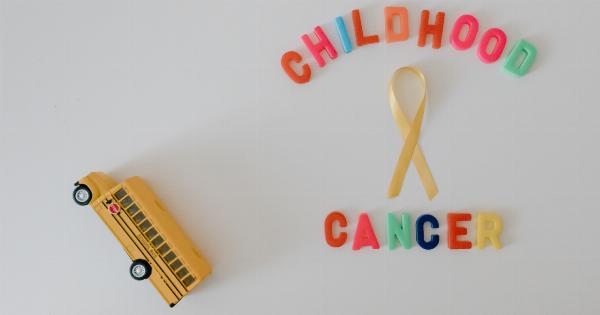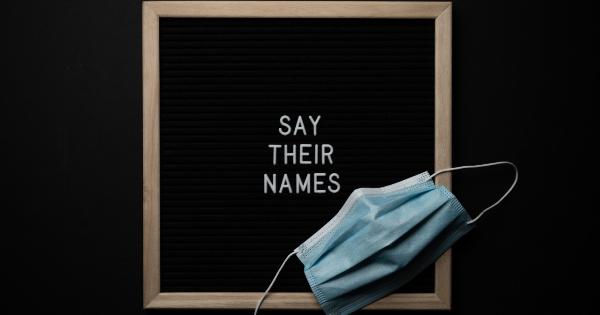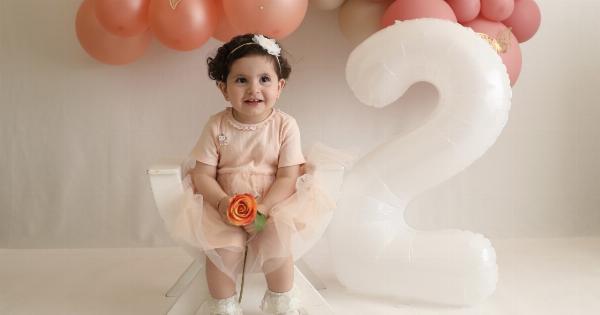Childhood cancer is a devastating diagnosis that affects thousands of children each year. It is a term used to describe various types of cancer that occur in children under the age of 18.
Unlike cancers that affect adults, childhood cancers arise from different types of cells and tissues, and their causes, treatments, and support systems are unique.
Causes of Childhood Cancer
The precise causes of childhood cancer are unknown in most cases. However, various factors have been linked to its development:.
Genetic Predisposition
Some children may inherit genetic mutations that increase their risk of developing cancer. These mutations can be passed down from one or both parents, although most cases of childhood cancer are not linked to inherited genetic abnormalities.
Environmental Exposure
Exposure to certain environmental toxins, such as radiation, certain chemicals, and some viruses, has been associated with an increased risk of childhood cancer.
However, the link between these factors and cancer development is often complex and not fully understood.
Treatments for Childhood Cancer
Advancements in medical science have improved the survival rates for many childhood cancers. The most appropriate treatment options depend on the type and stage of cancer, as well as the child’s overall health.
Common treatment modalities for childhood cancer include:.
Surgery
Surgical procedures are often used to remove solid tumors and affected tissues. Surgeons strive to remove the cancerous cells without causing significant damage to nearby healthy structures.
Chemotherapy
Chemotherapy involves the use of powerful drugs to kill cancer cells or prevent them from dividing and growing. It is usually administered in cycles, allowing the body to recover between treatments. Chemotherapy can be given orally or intravenously.
Radiation Therapy
Radiation therapy employs high-energy radiation to destroy cancer cells or inhibit their growth. It is often used in conjunction with surgery or chemotherapy. Common methods include external beam radiation therapy and internal radiation therapy.
Immunotherapy
Immunotherapy is a new frontier in cancer treatment that harnesses the body’s immune system to fight cancer cells.
It uses substances made by the body or in a laboratory to boost or restore immune system function, enabling it to better destroy cancer cells.
Support for Children with Cancer
Being diagnosed with cancer is not only physically and emotionally challenging for children but also affects their families. Various resources and support systems are available to help children with cancer and their loved ones cope:.
Pediatric Oncologists
Pediatric oncologists are medical doctors who specialize in the diagnosis and treatment of childhood cancers. They have extensive knowledge and experience in managing the unique needs of young patients and working closely with families.
Psychosocial Support
Psychosocial support is crucial for children with cancer and their families. It may include counseling services, support groups, and recreational activities to help alleviate anxiety and stress associated with cancer treatment.
Patient Advocacy Groups
There are numerous non-profit organizations and patient advocacy groups dedicated to supporting children with cancer and their families.
These organizations provide information, financial assistance, emotional support, and promote research and awareness.
Educational Support
A child’s cancer diagnosis often disrupts their education. Schools, in collaboration with healthcare professionals, can create individualized education plans to ensure that children receive necessary support and accommodations during treatment.
Long-Term Follow-Up Care
Some childhood cancers may have long-term effects on the survivor’s health.
Regular follow-up care consisting of medical check-ups, screenings, and specialized care plans helps monitor and manage any potential late effects of treatment, ensuring the best possible quality of life.
A Supportive Community
Building a strong support network within the community is vital for families facing childhood cancer.
Community-based programs, awareness events, and fundraising activities not only provide financial assistance to families but also boost morale and spread awareness about childhood cancer.



























